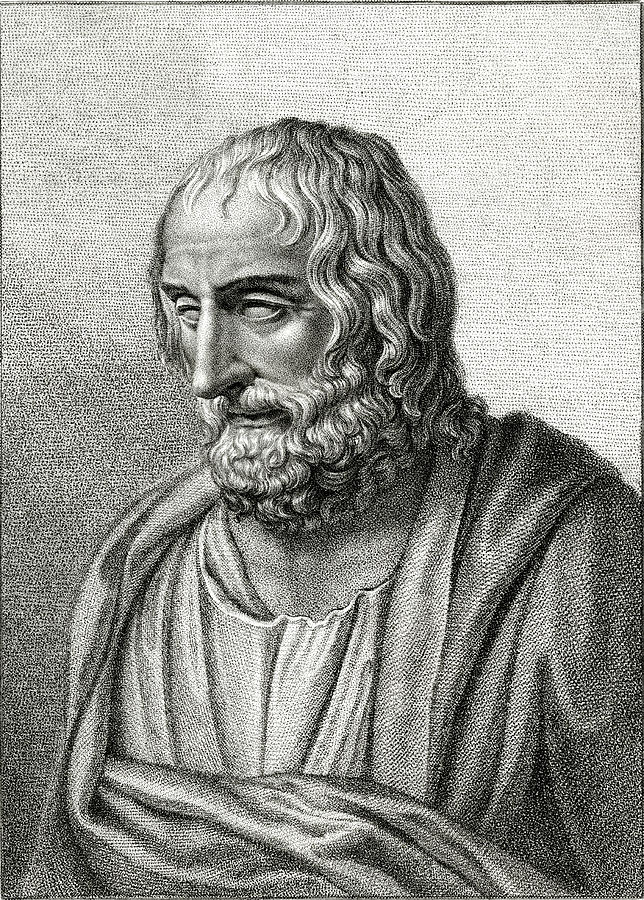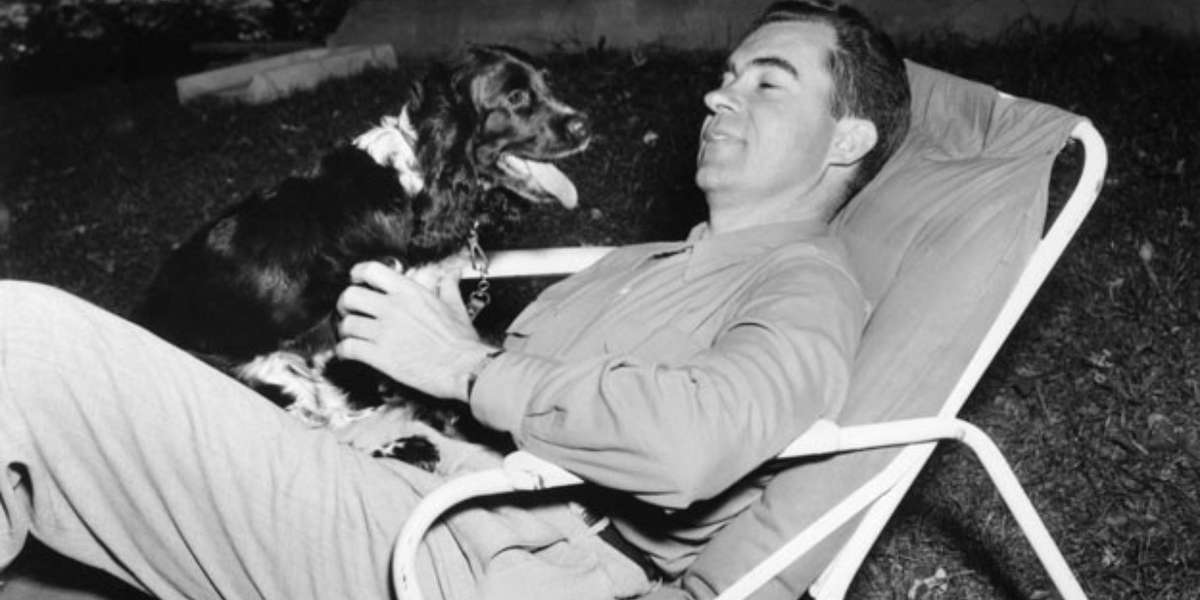Autumn began at 2:50 a.m. EDT today.
Joyfully, it's also the first day of Fall.
Many people in the northern hemisphere are disturbed by the changes they see around them at about this time each year. It gets darker earlier, temperatures drop, leaves change color and die and the Red Sox tend to drop out of playoff contention.
There have been myths about the changing of the seasons as long as there have been children to lie to. Some primitive peoples believed that leaves changed color because Nature was pining for her abducted daughter; others blamed it on the seasonal absence of sunlight-fed chlorophyll, allowing xanthophyll, carotene, and antocyanin to determine leaf color. We may never know the truth.
The first day of Autumn is sometimes also referred to as the Autumnal Equinox (the autumnal equinox is when the Sun appears to cross the celestial equator from north to south.) The autumnal equinox brings the fall season to the Northern Hemisphere. Don't be alarmed by the title. It's just Fall.
There are 99 days remaining in 2023.
There are 38 days until Halloween, 61 days until Thanksgiving, and 93 days until Christmas. With intestinal fortitude and some heavy drinking, we can get through this thing.
September 23, 1927 -
F. W. Murnau's silent classic, Sunrise: A Song of Two Humans, directed by, starring George O'Brien and Janet Gaynor, premiered in NYC on this date.
F.W. Murnau wanted Camilla Horn (with whom he had worked in Germany on Faust) for the part of "The Wife," but she was under contract to the German studio UFA at the time and they refused to loan her out, so the part went to Janet Gaynor.
September 23, 1944 -
Frank Capra's screwball comedy, Arsenic and Old Lace finally gets it US general release on this date. The film was based on a hit play and had to wait to be released until after it Broadway run had ended.
Director Frank Capra enlisted in the U. S. Army Signal Corps in 1941 during filming. He received an extension of his order to report for active duty until late January 1942 so he could finish editing the picture.
September 23, 1962 -
The Jetsons debuted on ABC-TV's Sunday night's prime time lineup on this date. It was the network's first program ever to be broadcast in color.
The design of the Jetsons' flying car was inspired by a 1954 Ford concept car, the FX-Atmos, notable for its all-glass bubble canopy, dashboard radar screen and jet-plane-like tailfins.
September 23, 1967 -
The Letter by Box Tops topped the charts on this date.
This song is about a guy who gets a letter from his former love telling him that she wants him back, and the guy wants to fly out and see her immediately. The Nashville songwriter Wayne Carson Thompson wrote the song after his father gave him the line, "Give me a ticket for an aeroplane."
September 23, 1968 -
Lucille Ball's third TV series, Here's Lucy premiered on this date.
Originally, Doris Singleton, who played the recurring character of Caroline (originally Lillian) Appleby on I Love Lucy was supposed to co-star on this show. Her character was supposed to be Harry's efficient morning secretary, opposed to Lucy, his scatterbrained afternoon secretary. Her character was dropped after the first episode, because it was decided to show more of Lucy's family life with the kids, than her job.
September 23, 1969 -
The first of the ABC Movie of the Week, Seven in Darkness, starring Milton Berle, Dina Merrill, Barry Nelson, Arthur O'Connell, Alejandro Rey, and Lesley Ann Warren first aired on ABC TV, on this date.
Despite the title of the movie, there are actually eight visually impaired survivors of the crash.
September 23, 1969 -
Marcus Welby MD, starring the not terribly sober Robert Young, premiered on ABC-TV on this date.
Elena Verdugo, who played Welby's nurse/assistant Consuelo on all but one episode of the series, got her start as a "femme fatale" in 1940s Westerns and horror films. Her most prominent role before Welby was as Wolf Man Larry Talbot's love interest in The House of Frankenstein.
September 23, 1970 -
The only American film Akira Kurosawa almost directed, Tora! Tora! Tora!, was released on this date. Akira Kurosawa agreed to direct the Japanese part of the film only because he was told that David Lean was to direct the American part. This was a lie, David Lean was never part of the project. When Kurosawa found out about this, he tried to get himself fired from the production - and succeeded.
The Japanese airplanes flown in the movie were all converted American trainers. No genuine Japanese warbirds could be found in flying condition at the time. Several American planes had to be rebuilt at a cost of about $30,000 each. They were later sold at auction for about $1,500 each, and most are still flying in private hands.
September 23, 1977 -
ABC Records breathed a huge sigh of relief when they were finally able to release the much delayed sixth studio album of the ultra-perfectionists Steely Dan's Aja on this date.
The album is pronounced "Asia," and was inspired by the continent. Steely Dan have several songs with a Far East influence, since Donald Fagen believes it is a symbol of sensuality. He told Rolling Stone magazine that the title came from a high school friend whose brother was in the army and came back with a Korean wife named Aja, although he wasn't sure how she spelled it.
September 23, 1977 -
David Bowie released one of his signature hits (co-written with Brian Eno,) Heroes on this date. The track features King Crimson guitarist Robert Fripp.
Featured in this song are not only Brian Eno's synthesizer and Robert Fripp's guitar, but also producer Tony Visconti banging on a metal ashtray that was lying around the studio. Bowie released versions of this song in English, German, and French. The German version is called Helden; the French is Héros.
September 23, 1978 -
The short lived adventure series, The American Girls, starring Priscilla Barnes and Debra Clinger aired on CBS TV on this date.
Seven of the 11 episodes that were produced were actually aired.
September 23, 1979 -
The short lived comedy set at a white-shoe law firm, The Associates, starring Wilfrid Hyde-White, Martin Short, Alley Mills, Joe Regalbuto, Shelley Smith, and Tim Thomerson, premiered on ABC-TV on this date.
While the series only had 13 episodes (and only nine of them aired), The Associates was nominated for two Golden Globe Awards and two Primetime Emmy Awards.
September 23, 1990 -
Ken Burns' powerful 11 hour miniseries The Civil War premiered on PBS on this date.
The series took six years to make. The war itself lasted four years.
September 23, 1992 -
NBC first introduced us to Paul and Jamie Buchman (and Murray) when Mad About You first premiered on this date.
Paul Reiser's production company is called Nuance Productions, after a line in the first film he appeared in, Diner: "You know what word I'm not comfortable with? Nuance. It's not a real word. Like "gesture". Gesture's a real word. With gesture you know where you stand. But nuance? I don't know. Maybe I'm wrong."
September 23, 2009 -
ABC-TV first introduced us to Jay Pritchett, his children and their families when the mockumentary Modern Family first premiered on this date.
All the actors and actresses made a pact since the first season to always submit themselves to awards ceremonies in supporting roles, never leading.
Don't forget to tune in to The ACME Eagle Hand Soap Radio Hour today.
Today in History:
September 23, 480 BC -
It's the birthday of the Greek poet Euripides, born near Athens on this date.
Euripides has the greatest number of plays that have survived for the modern reader -19 of them—including Medea.
Remember - Euripides jean, you pay for them.
September 23, 63 BC -
Gaius Octavius Thurinus (Augustus Caesar) was born on this day. The first real Roman Emperor, Caesar introduced the famous Pax Romana. This was a political policy which stated that any country which did not object to being conquered by Rome would be conquered by Rome.
Countries not wishing to be conquered by Rome stood in violation of this policy, and were therefore invaded until they agreed to be conquered. This ensured peace throughout the world.
September 23, 1779 -
During the Revolutionary War, while on break from Led Zeppelin, the American navy under Scotsman John Paul Jones (Robert Stack), commanding from Bonhomme Richard, defeated and captured the British man-of-war Serapis on this date. Jones, chose to name the ship after Benjamin Franklin's Poor Richard’s Almanac.
Fierce fighting ensued, and when Richard began to sink, Serapis commander Richard Pearson called over to ask if Richard would surrender and Jones responded, "I have not yet begun to fight!"--a response that would become a slogan of the U.S. Navy. Pearson surrendered and Jones took control of Serapis. Imagine the amount of rum consumed (it was an American Ship - I'm sure there was no sodomy!)
The Bonhomme Richard sank two days after the battle.
September 23, 1939 -
Sigmund Freud was not having a good day. He had been suffering from the late stages of cancer of the jaw when he decided to commit suicide with the help of his personal physician, Max Schur on this date.
The good doctor administered 21 mg of morphine -- a lethal dose, in three large doses in the space of several hours. Sometimes 21 mg of morphine is just 21 mg of death.
September 23, 1949 -
Happy Birthday Bruce!
If you are of a certain age, at one point, Bruce meant everything to you.
September 23, 1950 -
Congress passes the McCarran Act, also known as The Internal Security Act of 1950, overriding Harry Truman's veto. The act provides for severe restrictions on civil liberties, suspension of free speech, and placing of undesirable Americans in concentration camps.
Much of the Act has been repealed, but some portions remain intact.
So watch it, bub.
Today we commemorate some of the greatest political pooches our country has ever known. On September 23, 1952, responding to accusations that he diverted $18,000 in contributions into his pocket, Senator Richard M. Nixon rescues his candidacy for Vice President by insisting that he had never accepted any money.
Although Nixon does admit he accepted a cocker spaniel named Checkers for his daughter Tricia. The televised monologue rescues his political career.
Little is know about this political operative, Checkers. Recently unclassified FBI documents reveal that Checkers advised Nixon not to shave just prior to his famous televised debate with Kennedy. Checkers was also recorded on his deathbed in late '64 advising associates of Nixon about creating a list of enemies of the future President.
September 23, 1969 -
An article in the Northern Illinois University student newspaper propagated the rumor that Paul is dead.
And if you play I'm so Tired from the White Album (and smoke an enormous amount of dope,) you hear Paul McCartney Is Dead.
And so it goes





No comments:
Post a Comment